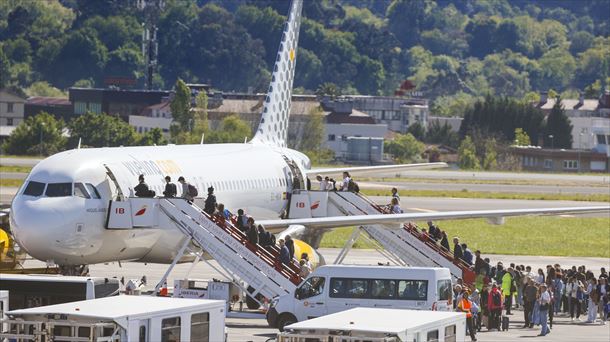The world is getting louder, which seriously affects the acoustic communication of wild animals. They “miss” enemies, have increased stress levels and have trouble finding food, which can also lead to population declines.
The noise of aircraft, construction activities or deep-sea drilling does not only affect us humans.
“Quiet places have become rare”
“We must not forget that sound is the most universal means of communication in the animal kingdom – from insects to fish and birds. However, it has now become difficult to find quiet places in this world,” says biologist Angela Stöger from the Institute for Sound Research of the Austrian Academy of Sciences (ÖAW).
Noise disrupts communication
Acoustic pollution increases the heart rate of animals and can lead to behavioral changes, hearing damage, flight and displacement. Furthermore, noise also disrupts the communication of individuals within a species and between species.
Animals change the frequency of communication
For example, some bird species have been found to sing up to 14 decibels louder in urban environments. “That is a much higher energy consumption for a small bird body,” says Stöger. Some animals are also said to change the frequency with which they communicate.
In general, noise is a particular stressor that has a negative effect on the immune system, “which can actually lead to a population decline.” Animals that wake up from hibernation and have to act at a low level would often not survive. Of course, ‘unheard’ alarm calls from others of the same species can also have negative consequences.
Marine animals are particularly affected
Marine animals, such as whales or dolphins, but also fish, are particularly affected because sound can travel widely in water due to the density of the medium. Due to limited visibility, they rely heavily on acoustic communication. In addition to orientation, constant ship noise and oil drilling would also have a negative influence on the search for and choice of partners.
She advocates that people be more considerate, for example not penetrating so deeply into wildlife habitats or avoiding fireworks.
Source: Krone
I am an experienced and passionate journalist with a strong track record in news website reporting. I specialize in technology coverage, breaking stories on the latest developments and trends from around the world. Working for Today Times Live has given me the opportunity to write thought-provoking pieces that have caught the attention of many readers.


